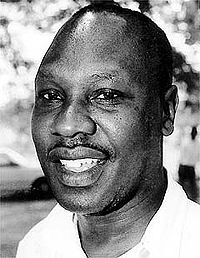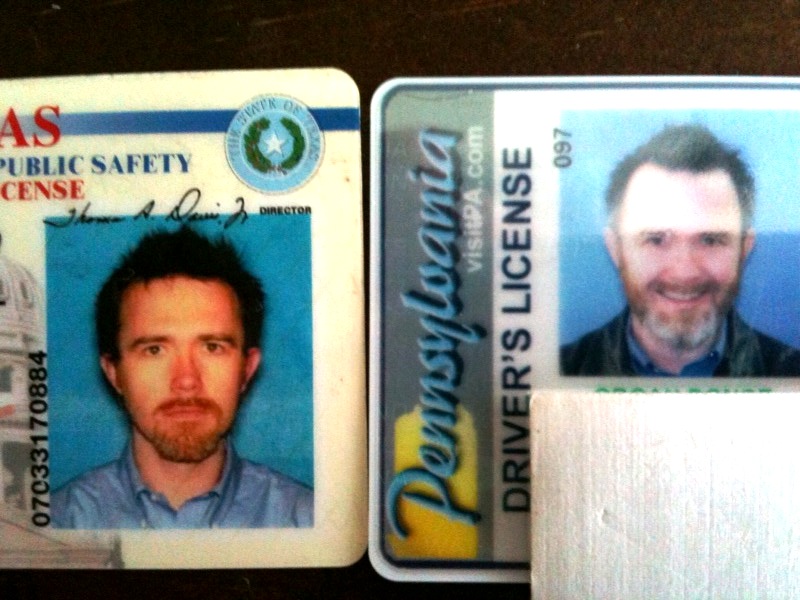 A New York Times story today about doctors who rushed to Haiti to do rescue work, and who feel emotionally broken over those they weren’t able to help contains this haunting passage:
A New York Times story today about doctors who rushed to Haiti to do rescue work, and who feel emotionally broken over those they weren’t able to help contains this haunting passage:
In Uganda, three weeks away from her return to Haiti, Dr. Bellino said she could not stop wondering how the 12-year-old Mystil had fared after his amputation.
…
Reached in Africa, Dr. Bellino sighed. “I can breathe now,” she said after learning that Mystil was all right.
Lying on the mattress, with tired, sad eyes, Mystil had said he missed “Dr. Elizabeth.” Asked if he wanted the doctor to bring him anything when she returned to Haiti, Mystil said: “Toys, I guess. I know — a bicycle!”
Then, looking down at his bandaged stump, the boy slapped his forehead and buried his face in a pillow. “I forgot,” he said.
All this brought to mind an incredible story the Times’ Blaine Harden published nine years ago about Dr. Matthew Lukwiya (pictured here), a Ugandan physician who refused to abandon his position in a field hospital when Ebola raged. The gruesome virus took the life of Dr. Matthew, who was a fervent Evangelical Christian, but not before he was able to contain the outbreak by staying in place and choosing to die. From the story:
Father Odong, the vicar general of Gulu, said that he hoped his friend’s story will offer his fellow Africans a new definition of what it means to be a big man in Africa. ”It is not about getting rich and having power,” he said. ”We should tell everyone the story of Dr. Matthew.”
Please read the whole story of Dr. Matthew’s life, and death — the very last paragraph is breathtaking. This man was a saint, in the fullest sense of the word, but I believe there are physician-saints like him wherever there is great suffering and need. Some of them are even Christian.

